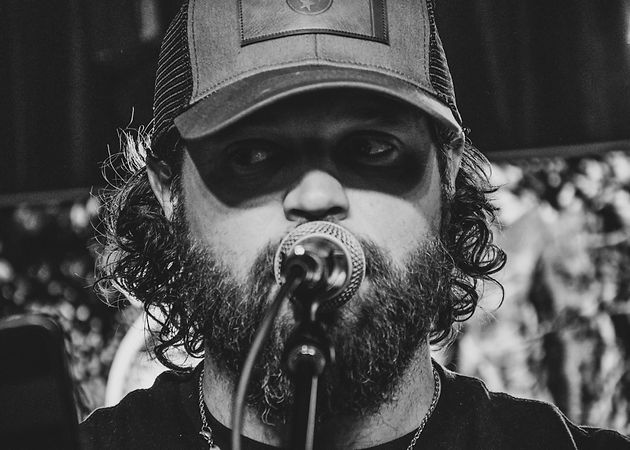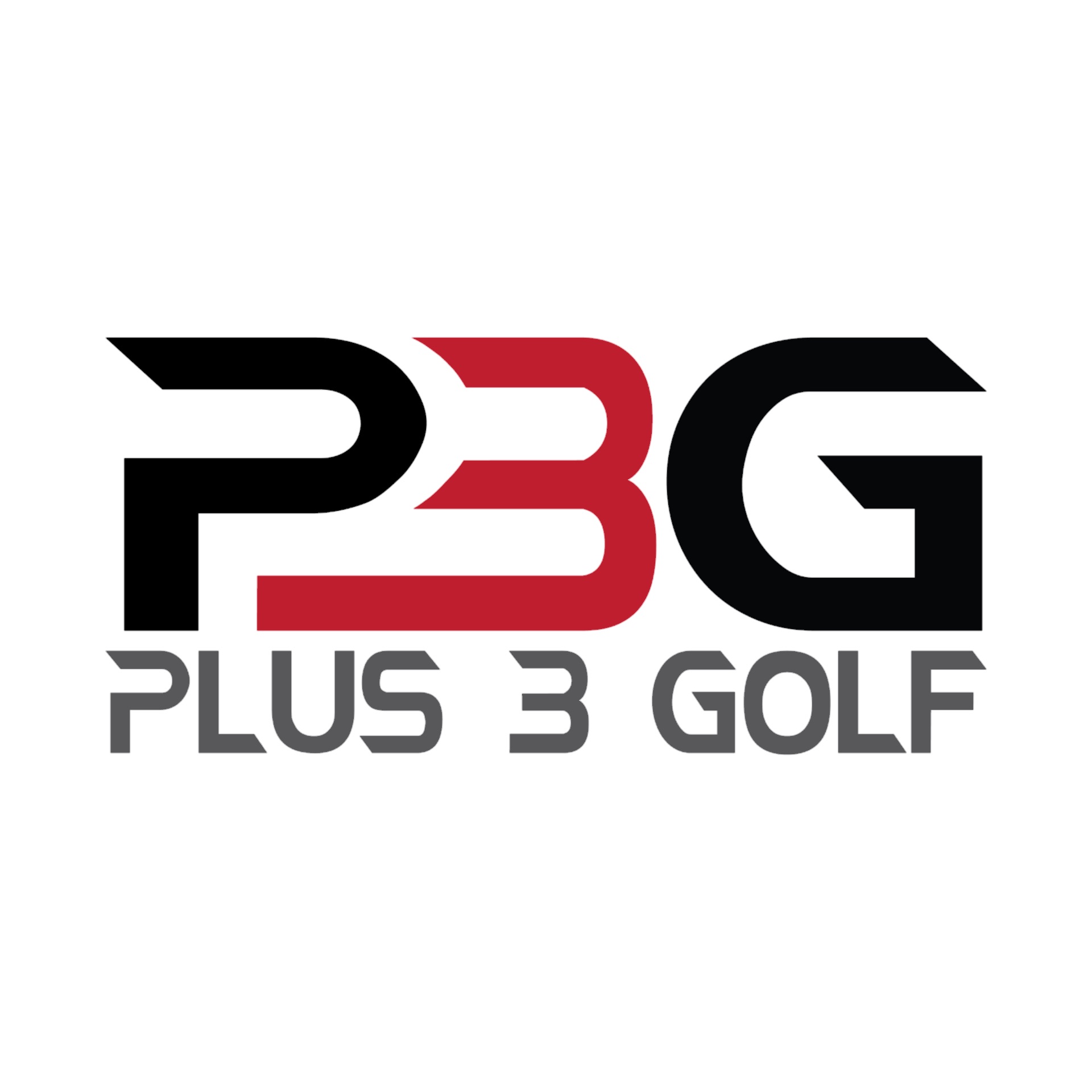
IMPACT
Proof of a solid strike
Advocates are not clinicians, they are your peers.
QuietLine is the structured system used to empower our advocates to respond to crisis with tools, resources, and a direct line to licensed support.
We are supporting athletes, artists, youth, veterans, and community leaders by integrating peer support systems, access to wellness and licensed support, trauma-informed development and oversight, and a platform designed to disrupt stigma around asking for help.
Empowering advocate's to respond, advance, and endorse mental health support within their immediate and seasonal communities.
ARTISTS

PARKER DIFFIE
SINGER

JESSE KEITH WHITLEY
SINGER

ZACH HINSON
SINGER

CHRIS TURNER
SINGER

COOPER LANE
SINGER
Exploring performance, mental health, and resilience through real stories, practical insights, and the evolving work of the Foundation and QuietLine Program
Strength in Collaboration
QuietLine is built to connect. Our advocates don’t work in isolation—they link people directly to our team and to other active programs and nonprofits already serving communities. Together, these partnerships ensure that when someone reaches out, the right resources and tools are at arms reach.


























